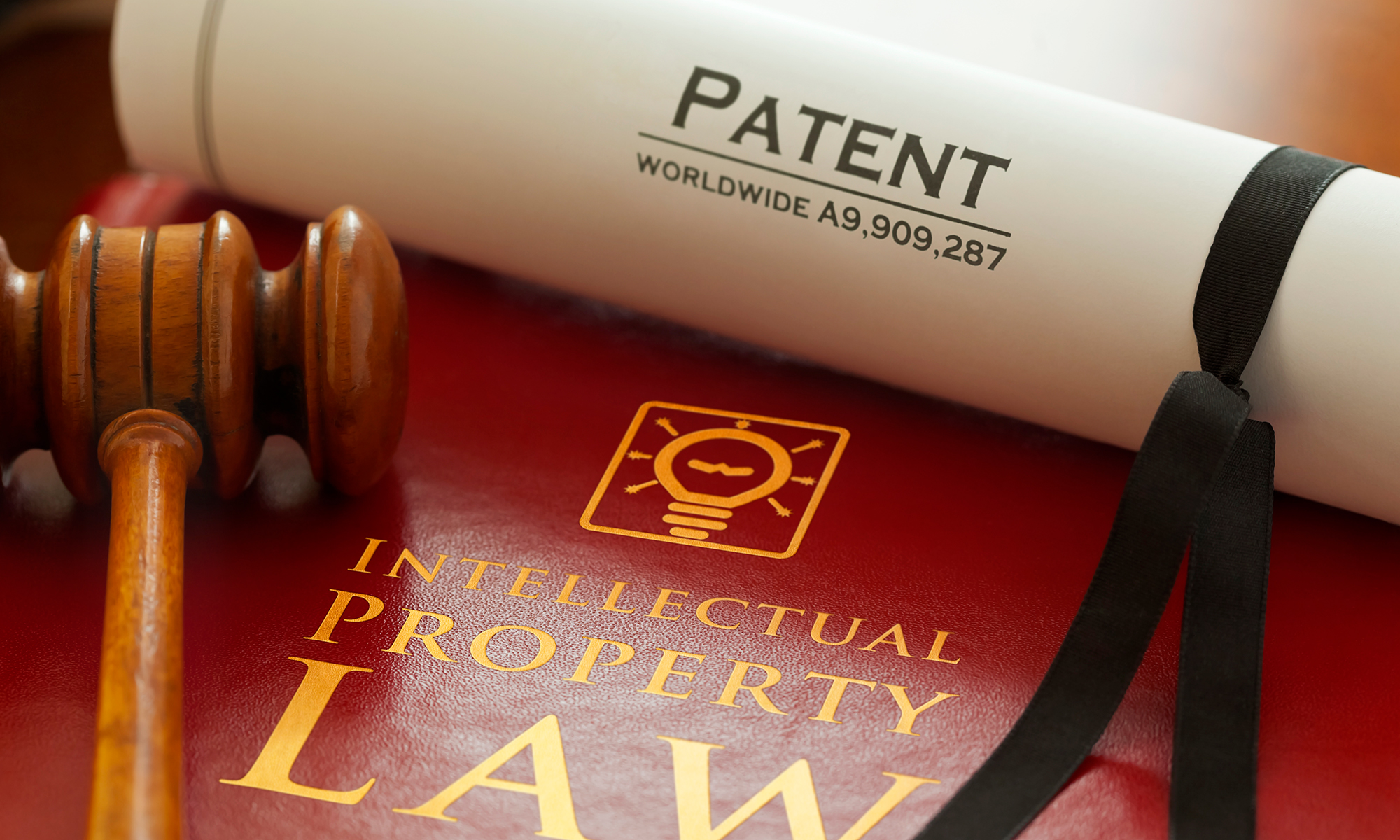Last week the PTAB sought to clarify the somewhat controversial requirement that a patent owner must “persuade the Board that the [amended] claim is patentable over the prior art of record, and over prior art not of record but known to the patent owner.” Idle Free Sys., Inc. v. Bergstrom, Inc., IPR2012-00027, Paper 26, 7 (PTAB June 11, 2013). Some PTAB commentators had previously suggested that a patent owner should go so far as to submit a certified prior art search in order to demonstrate good faith compliance with the broad language of Idle Free. This requirement is one of many which makes it extremely difficult for a patent owner to successfully amend claims at the PTAB. (For our full discussion of a Motion to Amend Claims, click here). Continue reading “PTAB Clarifies Meaning of “Prior Art … Known to the Patent Owner””
PTAB Uses § 325(d) to Prevent a Second Bite
Earlier this month we explored the Board’s discretionary power under 35 U.S.C. § 325(d) to deny a petition premised on prior art or arguments previously considered by the U.S. Patent and Trademark Office. Shortly after that blog post, the Board issued another decision illustrating its use of § 325(d) to deny institution of a review where petitioners seek a so-called “second bite at the apple.”
In Travelocity.com LP v. Cronos Technologies, LLC, the Board denied a Petition for Covered Business Method Review “[i]n view of the substantially similar arguments presented and the same references applied in an earlier Petition.” CBM2015-00047, Paper 7, 2 (PTAB June 15, 2015). Continue reading “PTAB Uses § 325(d) to Prevent a Second Bite”
Mission (Nearly) Impossible: Motion to Amend Claims
With the Patent Trial and Appeal Board recently granting a patent owner’s motion to amend claims for just the third time in its nearly three-year history, it seems like a good time to review the high bar the Board has set for such motions. See REG Synthetic Fuels, LLC v. Neste Oil OYJ, IPR2014-00192, Paper 48, 18-30 (PTAB June 5, 2015); Riverbed Tech. Inc. v. Silver Peak Sys. Inc., IPR2013-00402, Paper 35 (PTAB Dec. 30, 2014); Int’l Flavors & Fragrances Inc. v. United States, IPR2013-00124, Paper 12 (PTAB May 20, 2014).
Continue reading “Mission (Nearly) Impossible: Motion to Amend Claims”
Patent Owner Challenges Under 35 U.S.C. § 325(d)
One issue commonly raised by a patent owner in their Preliminary Response is the Board’s ability to deny institution because the petitioner’s proposed grounds are premised on prior art previously considered by the U.S. Patent and Trademark Office. The patent owner argues that the prior art at issue was previously raised during prosecution, in a reexamination, or in a prior petition for inter partes review of the challenged patent. Under 35 U.S.C. § 325(d), the Board has discretion to deny a petition where it is based on arguments and prior art already seen at the PTO:
“In determining whether to institute or order a proceeding … the Director may take into account whether, and reject the petition or request because, the same or substantially the same prior art or arguments previously were presented to the Office.” 35 U.S.C. § 325(d).
Continue reading “Patent Owner Challenges Under 35 U.S.C. § 325(d)”
Overcoming Common Arguments Against Joinder of IPRs
A review of patent owners’ Oppositions to Joinder shows three common arguments against joining inter partes reviews: the lack of availability of issue joinder, the failure of joinder to simplify issues before the Board, and the inequity of allowing joinder. This post explores counter-arguments which can be used by a Petitioner when bringing a Motion for Joinder of IPRs
The joinder of inter partes reviews is left to the discretion of the Patent Trial and Appeals Board (“the Board”). 35 U.S.C. § 315(c) (“the Director, in his or her discretion, may join as a party to that inter partes review any person who properly files a petition under section 311 that the Director, after receiving a preliminary response under section 313 or the expiration of the time for filing such a response, determines warrants the institution of an inter partes review under section 314.). Continue reading “Overcoming Common Arguments Against Joinder of IPRs”
